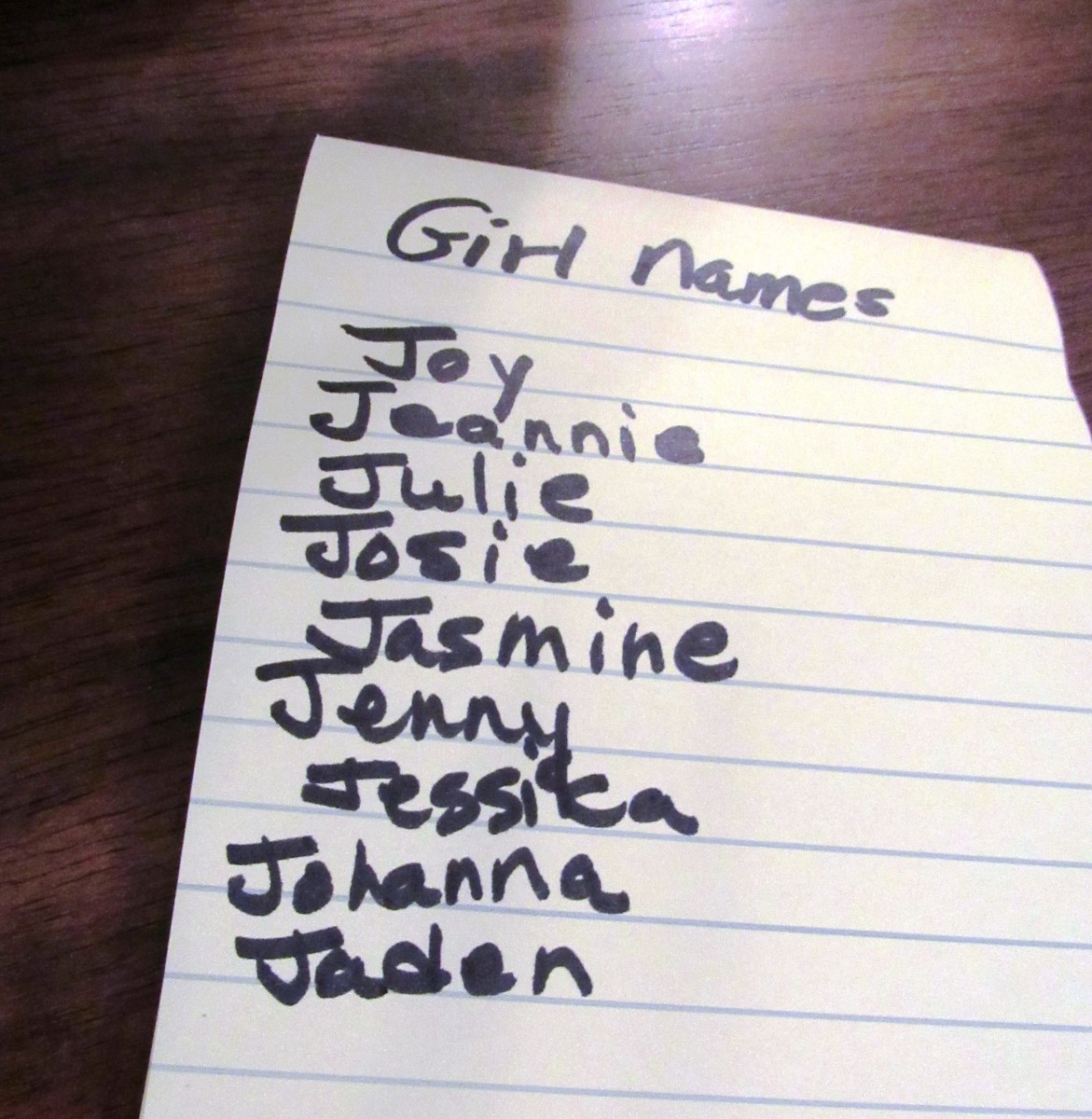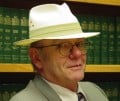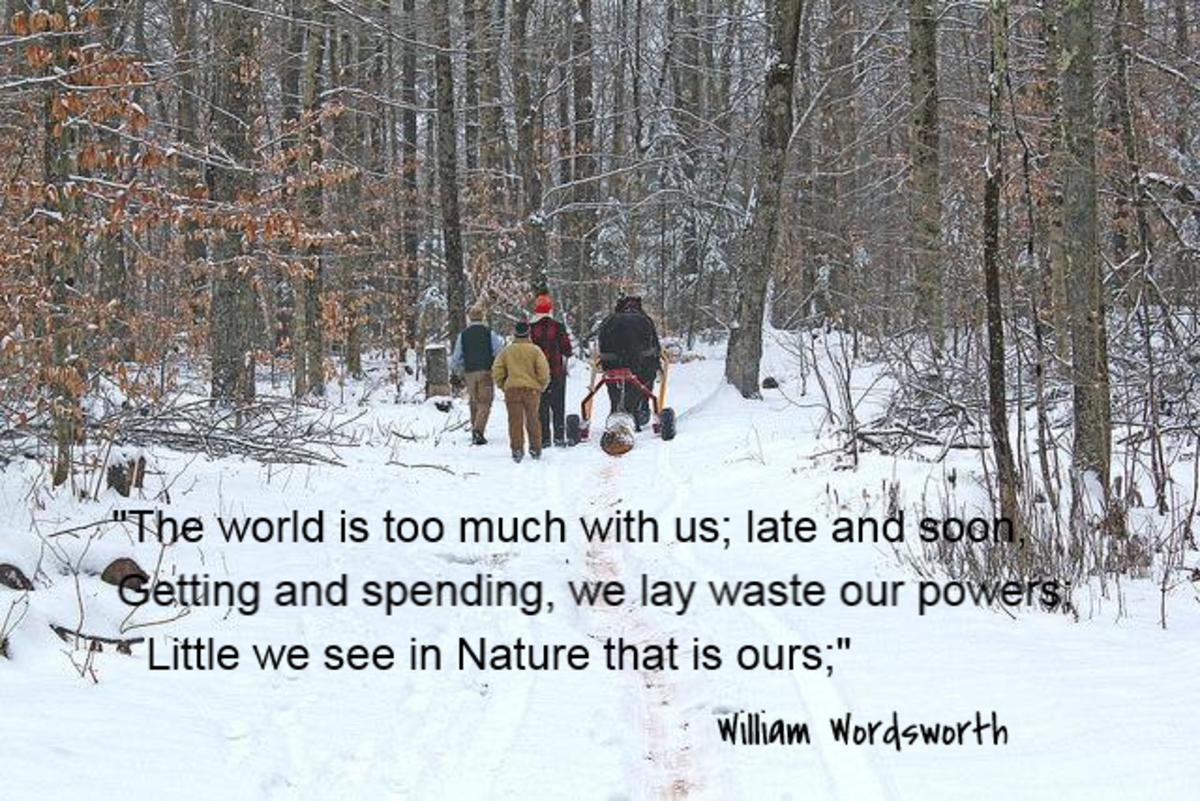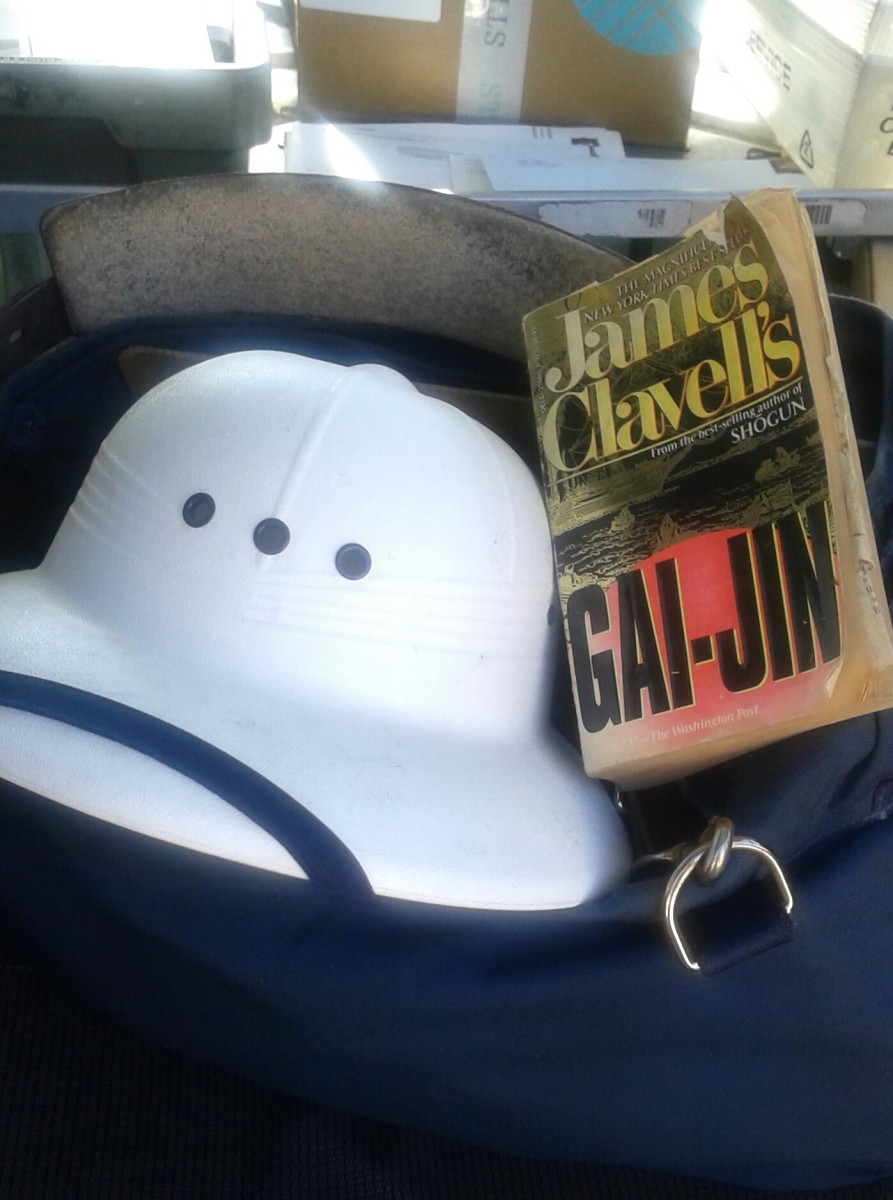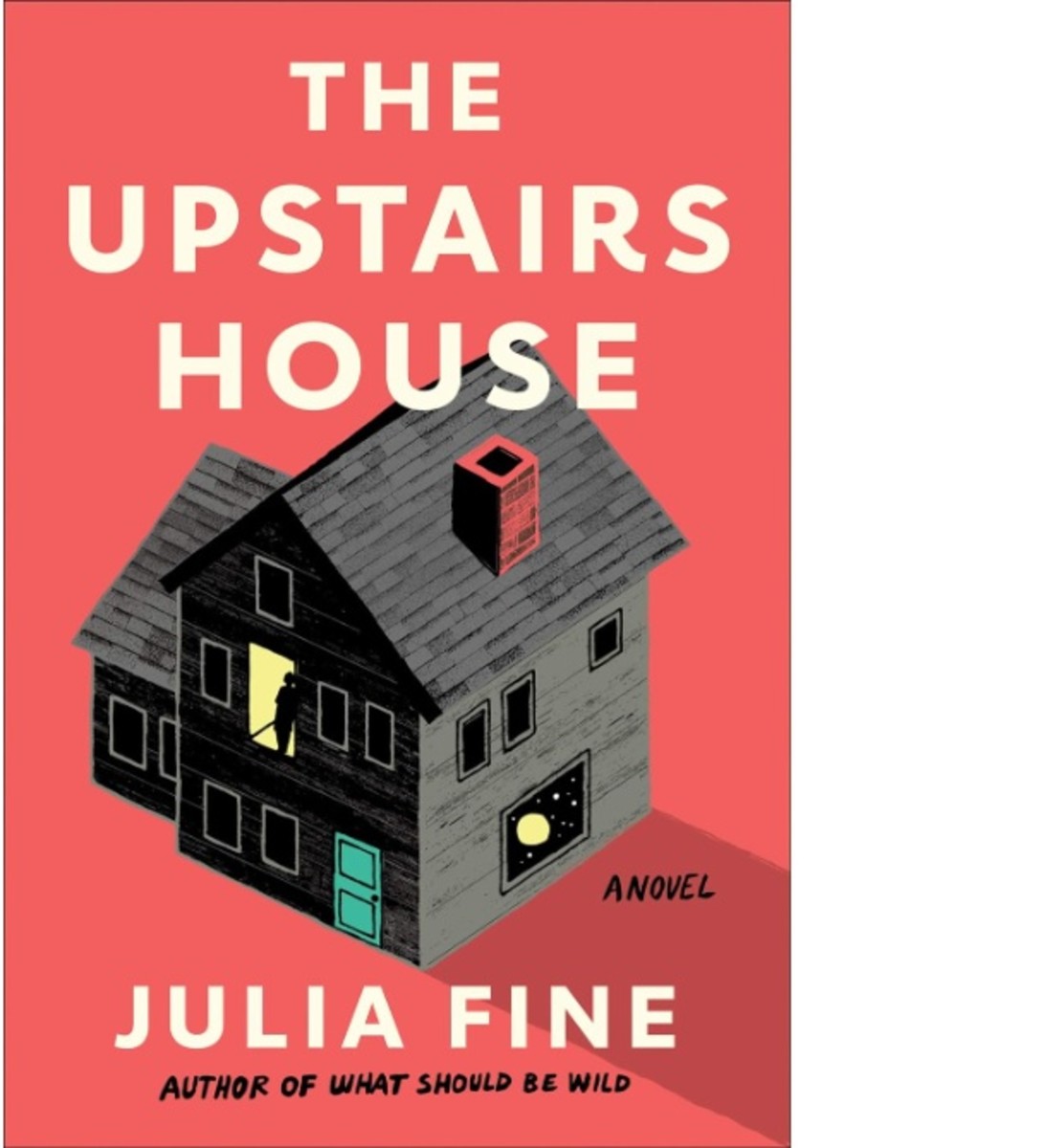Why I Collect Books: Confessions of a Bibliophile
The Appeal of Acquiring Books
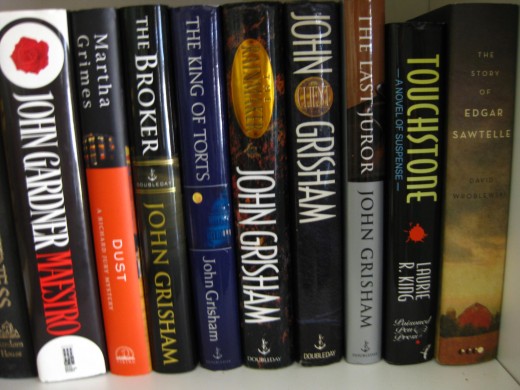
Why I Love Books
When I was four years old, my mother taught me how to sound out words. From that simple beginning, I quickly learned to read with an enthusiasm that never diminished. The amazing power of words to form an abundance of riches when strung together in sentences and paragraphs opened a window onto the world in 1947 for a little girl in rural Mississippi. A lifetime addiction was shaped and reinforced each time I hid beneath our long dining tablecloth reading when I was supposed to be outdoors playing in fresh air. I was hooked on books.
Since then, there have been few days when I haven’t read at least one entire book. I started school at age five, immensely bored listening to classmates who struggled to read aloud words already familiar to me.
And so it went throughout elementary school. Living in the country meant riding a school bus for an hour to and from school. Every semester I borrowed the reader—later, the literature textbook—of a girl one grade ahead of me, and read each of these books in entirety before I ever encountered them in the classroom. Boredom was a steady presence during my early school years.
My mother arranged for me to have a card of my own at the public library in the nearest town. It wasn’t long before she had to speak to the librarian and explain I was not to be limited to checking out children’s books deemed appropriate (by said librarian) for my age. My mother gave permission for me to read anything that struck my fancy. How insightful that my Southern Belle mom, intelligent, but not college-educated, should realize how important learning from the printed page already was to me.
By the age of nine I was reading non-fiction that dealt with such diverse topics as hypnosis, Freud and psychoanalysis, the concept of reincarnation, Margaret Mead’s writings about her anthropological studies....my reading tastes were broad. I also read every book in that library about ballet, of which I was enamored after discovering its existence. A chubby child, clumsy and with doubtful equilibrium, I would never dance in the ballet. That didn't stop me from sketching numerous ballerinas in attitude en pointe or arabesque pencheẻ on page after page of my notebooks. I dreamed of being a famous classical ballet artiste —a dream that could not survive. Still, my reading introduced me to the enchanting world of the ballet and fostered my love of the art and its music.
My eclectic and unguided reading, encouraged by a natural curiosity, led me to discover other countries, different cultures and in-depth information about various topics that were only touched on lightly in my school texts.
I became engrossed by literature, particularly that of British origin. I read Dickens, the Brontes (I re-read Wuthering Heights annually for more than a decade), Hardy, Stevenson and Conan Doyle. By the age of twelve, I was already a fanatical Sherlockian. When I entered high school, I knew a little about a lot of things. And my love affair with books was still developing at a steady pace.
It was in the mid-‘60s when the urge grew to, not only read books, but actually own my favorites.Money was then scarce, so I began by choosing the cheapest hardback copies, book club editions. Later, when my income increased, I bought new trade editions at bookstores.
My motive for buying, and collecting, books was simply the wish—no, the need—to possess the copies I loved. I had the physical and emotional need to reach onto a shelf—my very own shelf—pick up a book, hold it in my hands and leaf through the pages. I re-read those books I enjoyed the most, justifying to myself the cost associated with so many purchases. I began to acquire bookcases.
Fifty years later, I've accumulated thousands of volumes that fill the many bookcases which proliferate throughout my home. Many of their shelves are “double-rowed”, with smaller-sized books stored in front of larger tomes. Other books, for which no room at all exists on the shelves (and there’s certainly no floor space available for more bookcases), are stored in packing boxes.
What is a Book Scout?
It wasn’t until a couple of years ago, when I read John Dunning’s mystery novels, The Bookman’s Wake and Booked to Die , that I encountered the phrase “book scout.” Those stories and the information they contained about a reason for acquiring books hitherto unknown to me sparked a flame in my imagination.
For those of you who have read the hub by jstankevicz, Discover John Dunning, the mystery book writer/bookscout , you’re aware that author Dunning is not only a mystery writer and old-time-radio expert, but has been a book collector—a book scout, if you please—for years.
It was from those two Bookman mysteries by Dunning that I learned what the book scout does. Had I been in possession of this fascinating information when I was young and energetic, it’s unlikely I’d have pursued the career I chose (or more accurately, that chose me). I was already obsessed with books. Add to that obsession the thrill of the hunt for valuable collectible books, and I can’t imagine any more satisfying occupation in which to spend your life.
When I began buying books, however, I knew nothing about the potentially lucrative business of book collecting. I simply wanted to own books, lots of them. Over the years, books became my obsession. My family and friends--in fact, anyone who ever helped carry many heavy cartons of books whenever I moved, will attest that I was truly obsessed with the acquisition and custody of books. It was difficult for most people who knew me to understand this passion.
Putting my book-buying into perspective, I daresay I could pay off my mortgage today if I’d saved every dollar I paid for books at retail price during the past 4 ½ decades.
It would be nice at this stage of my life (when my income is limited) to have a lot of pricey mint condition collectibles resting in my bookcases. One or two rare and much-in-demand first editions that appreciated in value by hundreds or even thousands of dollars would be quite a jackpot!
Unfortunately, many of my early books, such as the book club editions, have worth only as reading copies. They are not collectible in the advanced meaning of the word. Even after I began buying trade editions—and many were first editions—I committed what was tantamount to “book murder” (pursuant to book collecting for profit or to own a prized collection) by engaging in a most terrible practice: I wrote my name and the year of purchase in ink on the flyleaf of each volume!
My initial reason for this was simply to indicate proud ownership. After lending many books that were never returned to me, the custom, barbaric though it was, seemed even more important.
If only there existed a magic eraser that would completely eradicate ink from paper.....
All is not lost, however, because a few years ago I discontinued the defacing practice of scrawling my name inside my books. I still didn’t realize the effect it had on collecting. Remember, until I read John Dunnings’ Bookman novels, and the light bulb went on, I still knew nothing about the process of book collecting. I only decided that it was not a good thing to write inside books. Am I glad I finally came to that conclusion. How I wish it had happened decades earlier!
Now, I’m excited about the prospect that I may already own some high-ticket books among my collection. It’s time in my life to begin downsizing: first, my possessions, then my domicile. Parting with a large number of the books I own is the obvious first step. That is not to say I won’t be on the lookout for other books that I can also trade or sell. As I mentioned, learning about the business of book collecting showed me a new avenue to pursue. Besides, I’ve never had the fortitude to pass any type of bookshop without entering its doors.
I’ve been searching through my accumulated volumes, looking for unmarked first editions. Those I’ve found are stored carefully on shelves separate from mere reading copies. I haven’t yet covered the dust jackets with sheets of Mylar, a method for protecting them. That’s next on my agenda—after I complete my search through the many storage boxes where I stored my overflow of books. Alas, I was not methodical in this storage, not organizing them by author or subject. The search so far has been fraught with surprises, most of them not good.
There’s no way I could possibly remember every book that’s crossed my threshold, but I do recall buying many favorites and making some delightful choices upon discovering a new writer whose work I liked.
For example, I’m certain I bought Amy Tan’s first book, The Joy Luck Club , as soon as it became available. I also know it’s one of those titles of which a true first edition is now quite valuable. What I don’t know is how to put my hands on my copy of the book.
I’ve looked through all my bookcases, to no avail. Is it stored in a box? Did I lend it to someone who didn’t give it back to me? (This is the most likely scenario.) If I do find it, will it have my worthless signature scrawled across the flyleaf, making the book essentially worthless to a collector? Until I find it (if I do), I won’t know whether I have an edition of Tan’s book that I can sell for a nice profit or whether it will remain just another reading copy for which to find space. Meanwhile, I can hope, can’t I?
Using reference books and the Internet for assessing value (plus engaging in a lot more study about how to do this well), I plan to price any unblemished first editions I own that are in demand and sell them. While I don’t expect to earn enough to pay off my mortgage, who knows? My books may at least make a few house payments.
Not a bad exchange, from my point of view....especially since I also had the great pleasure of reading them...many of them more than once.
Thanks for reading and supporting this HubPages writer!
---------------
Please vote and leave comments. Your feedback is valuable to me.
NOTE: I am the author of this article, and it is owned by me in entirety.It is not available for use by reproducing in any form without my express written permission. If you see all or any part of this article (as written) on another site, please notify me where it can be found. Theft of a writer's work is plagiarism, and stealing another person's words is no less wrong than any other theft.
---------------
The Joy of Reading a New Book
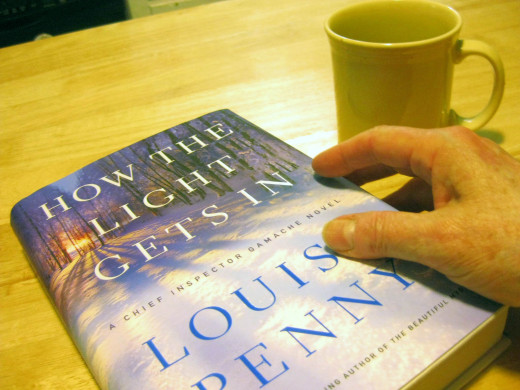
Other Hubs in this series about book collecting
© 2010 Jaye Denman

